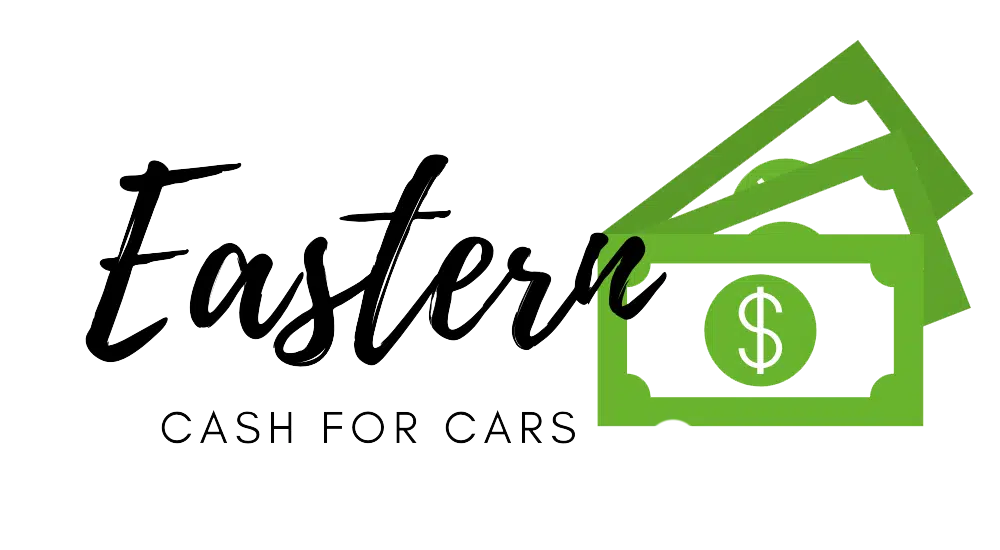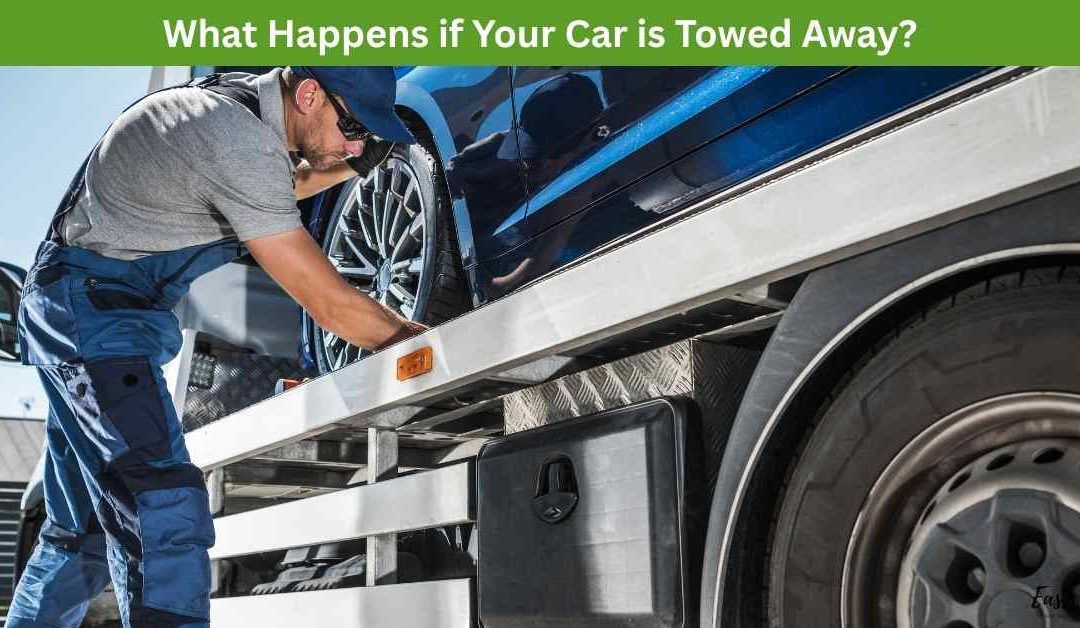Getting your car towed can be a frustrating and confusing experience, especially if it happens unexpectedly. Whether your vehicle was parked illegally, broke down, or was involved in an accident, the moment you see it missing can send a shock through your day.
So, what exactly happens when your car is towed away here in Australia? And what steps should you take next? Let’s break it down in simple terms to help you understand the process and avoid any unnecessary stress.
Why Do Cars Get Towed?
There are quite a few reasons why your car might be towed, including:
- Parking in a no-parking or restricted zone
- Being involved in a traffic accident
- Breaking down on a busy road or freeway
- Being abandoned or left unattended for too long
- Outstanding fines or registration issues (sometimes)
Local councils, police, and private property owners all have the authority to arrange for a vehicle to be towed, depending on the situation.
What Happens Right After Your Car is Towed?
Once a tow truck arrives, your car will be safely loaded onto the truck bed and taken to an impound lot or a secure storage facility. The towing company will notify the local council or police, depending on who authorised the tow.
You might receive a notice on your windscreen or via mail, telling you where your car has been taken and what you need to do next.
How Do You Find Out Where Your Car Is?
If your car has disappeared and you’re not sure where it went, don’t panic. You can:
- Contact your local council’s parking or traffic enforcement office
- Call the police non-emergency number
- Check with nearby towing companies
In Victoria, for example, councils usually keep an online register of impounded vehicles you can check by entering your licence plate number.
What Does It Cost to Retrieve Your Car?
Getting your car back isn’t always cheap. You’ll usually have to pay:
- Towing fees (charged per kilometre or a flat fee)
- Daily storage fees (which can add up quickly if your car stays longer)
- Any fines or penalties related to the towing
These costs vary depending on the towing company and council policies. The longer you leave your car in storage, the more you’ll likely pay.
What Documents Do You Need to Get Your Car Back?
To retrieve your vehicle, you’ll generally need:
- Proof of ownership (registration papers or receipt)
- Valid photo ID (driver’s licence or passport)
- Payment for all fees and fines
Sometimes, you might also need to clear any outstanding fines before your car is released.
What If You Can’t Afford the Fees?
If the fees are a burden, contact the towing company or local council to discuss payment options. Some councils offer payment plans or can direct you to financial assistance programs.
If your car is unclaimed for a long period, the towing company may eventually sell it at auction to cover costs.
How to Avoid Getting Towed in the Future
The best way to avoid the hassle and expense of towing is to:
- Always park legally and check signs carefully
- Keep your car registered and insured
- Avoid leaving your car unattended for long periods in restricted areas
- Maintain your vehicle to prevent breakdowns on busy roads
Final Thoughts
Having your car towed isn’t fun, but knowing what to expect can take a lot of the stress out of the situation. If your car does get towed, act quickly to find it, pay the fees, and get it back on the road safely.
And remember, if your car is no longer worth keeping—maybe it was towed because it broke down beyond repair—selling it to a cash-for-cars service might be your best option. We offer free removal and instant cash for cars across Victoria and beyond.
If you’re dealing with a towed vehicle or want advice on what to do next, just give us a call. We’re here to help.
If you are in Springvale, and looking to sell your car or get cash for trucks, below is the best way to visit us.
Eastern Cash For Cars
720 High St Rd, Glen Waverley, VIC 3150
(03) 7035 7830
www.easterncashforcars.com.au


Recent Comments